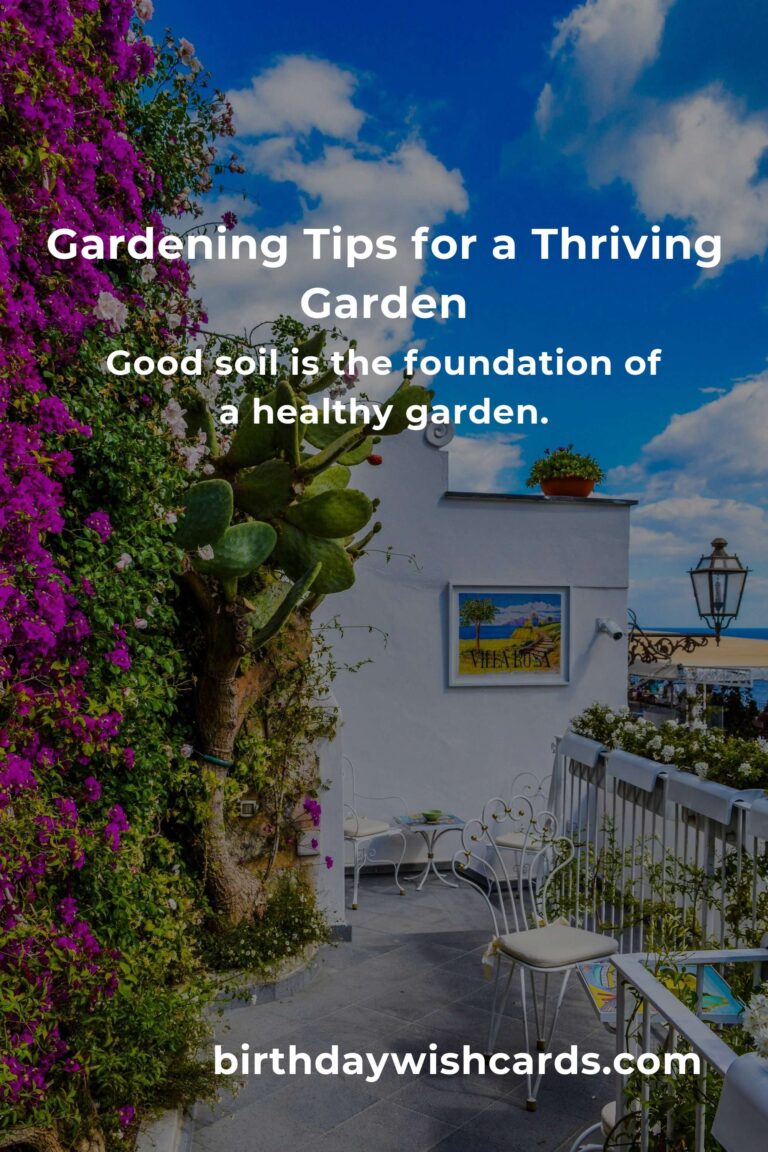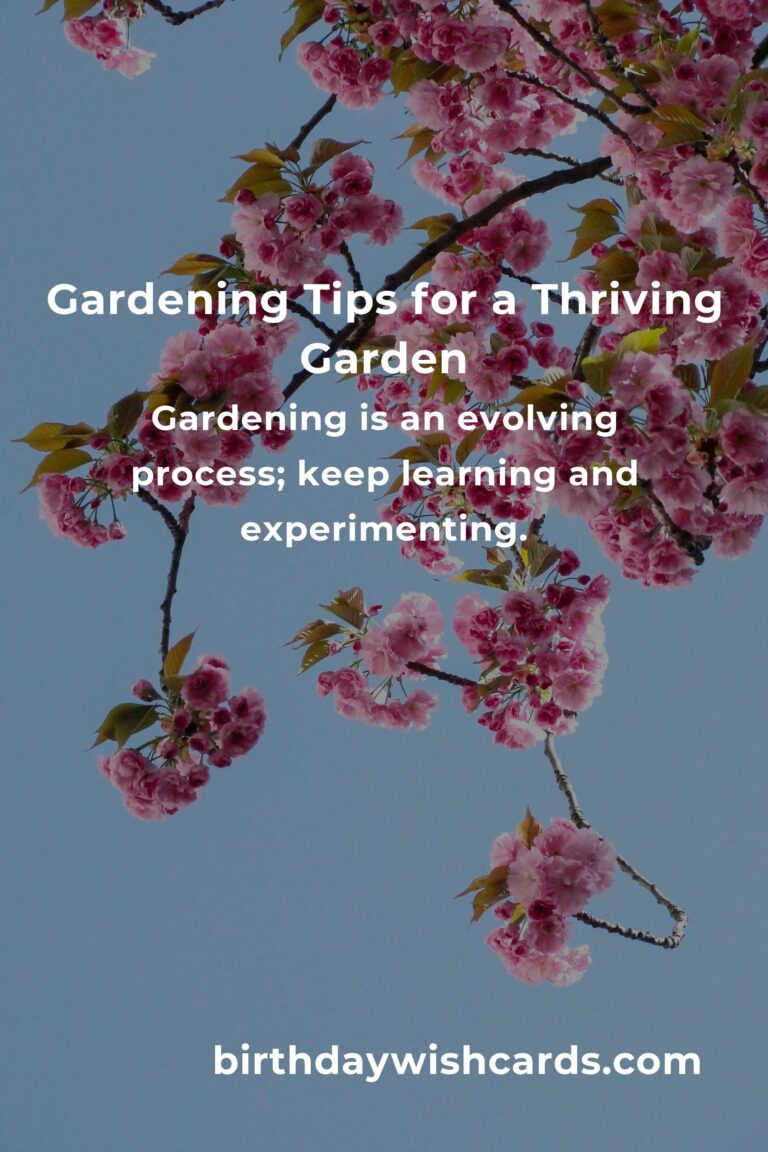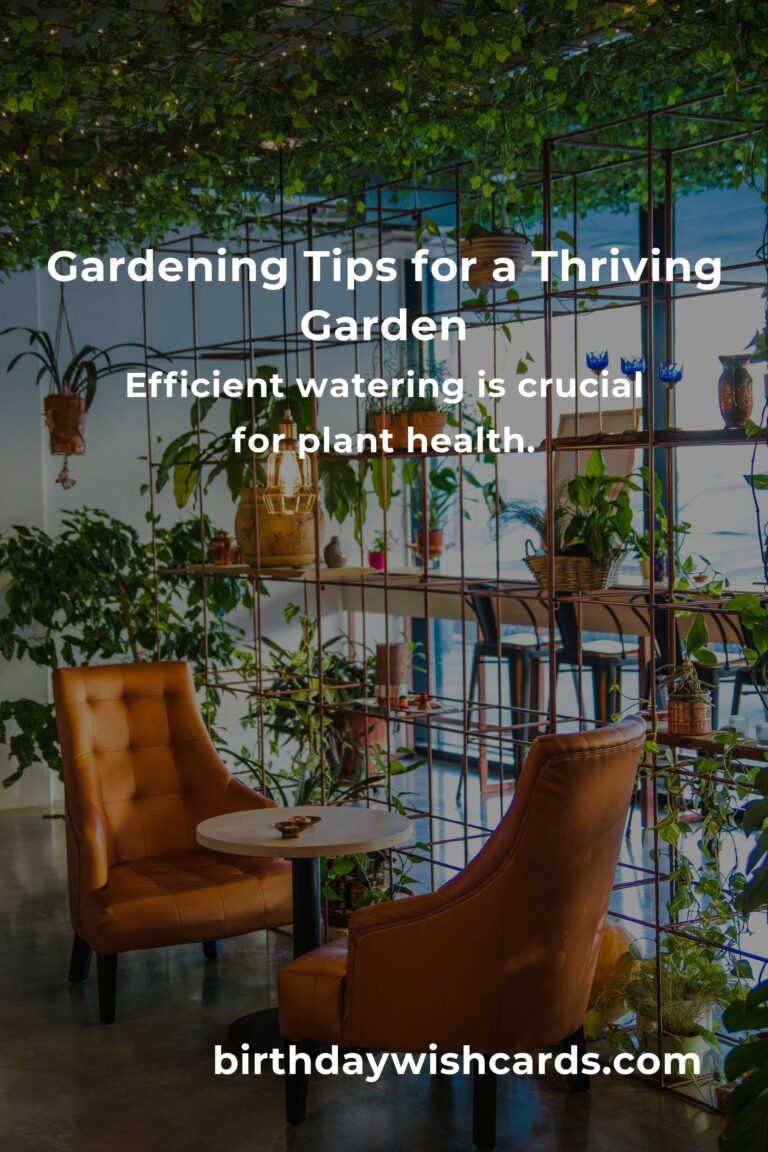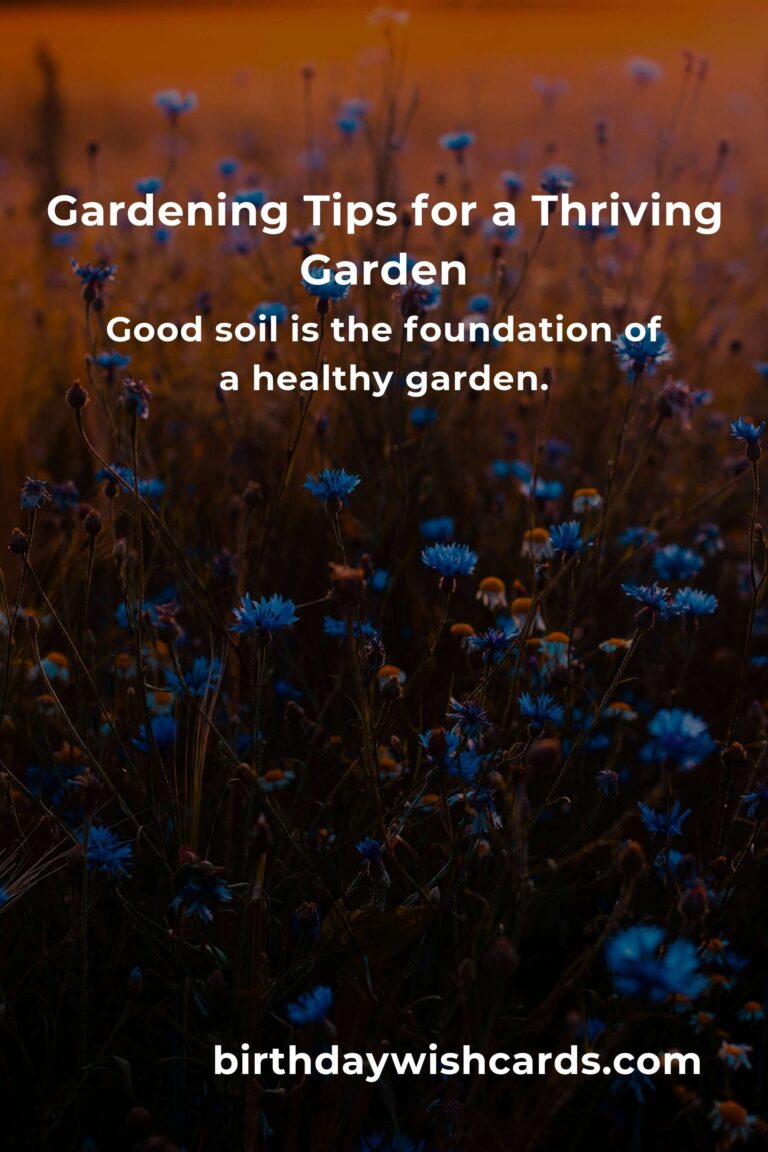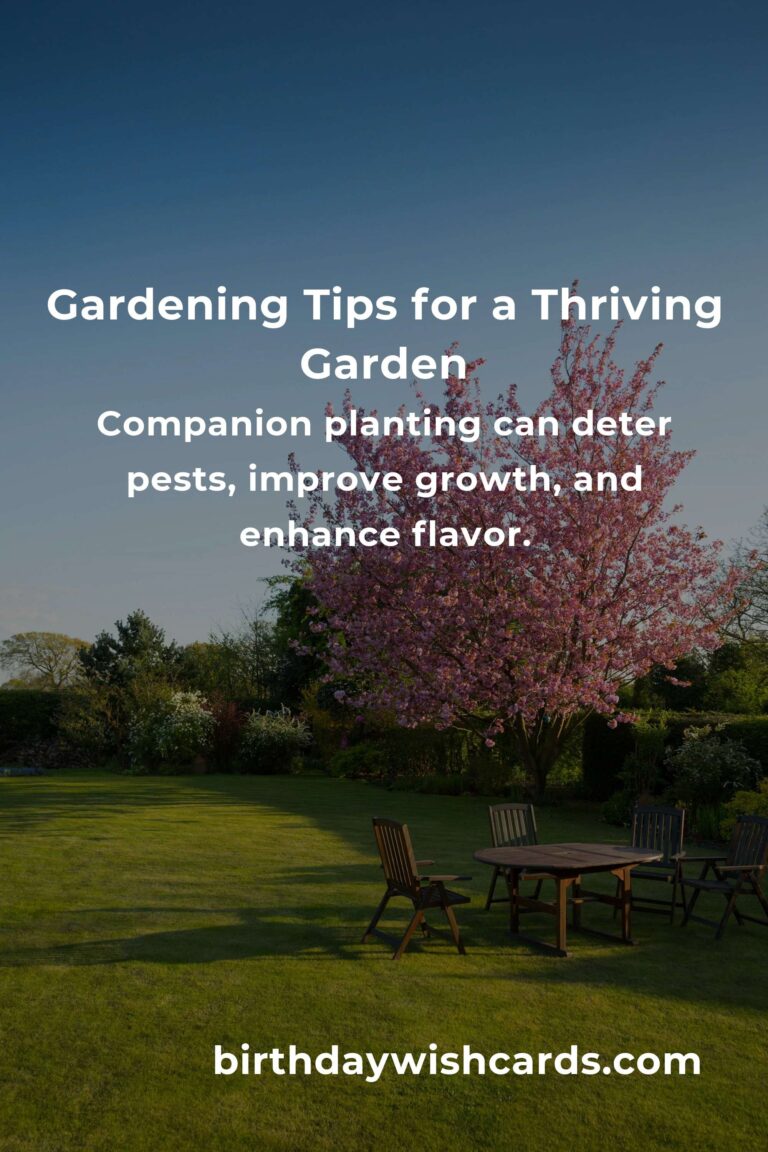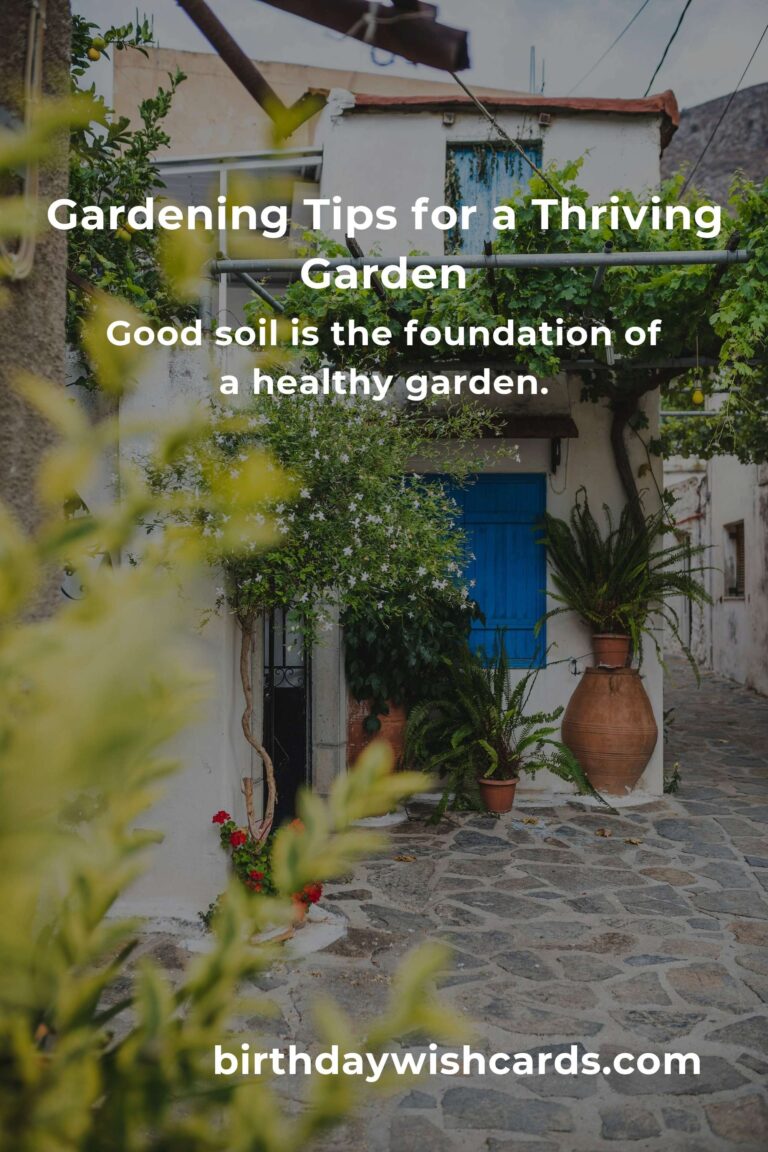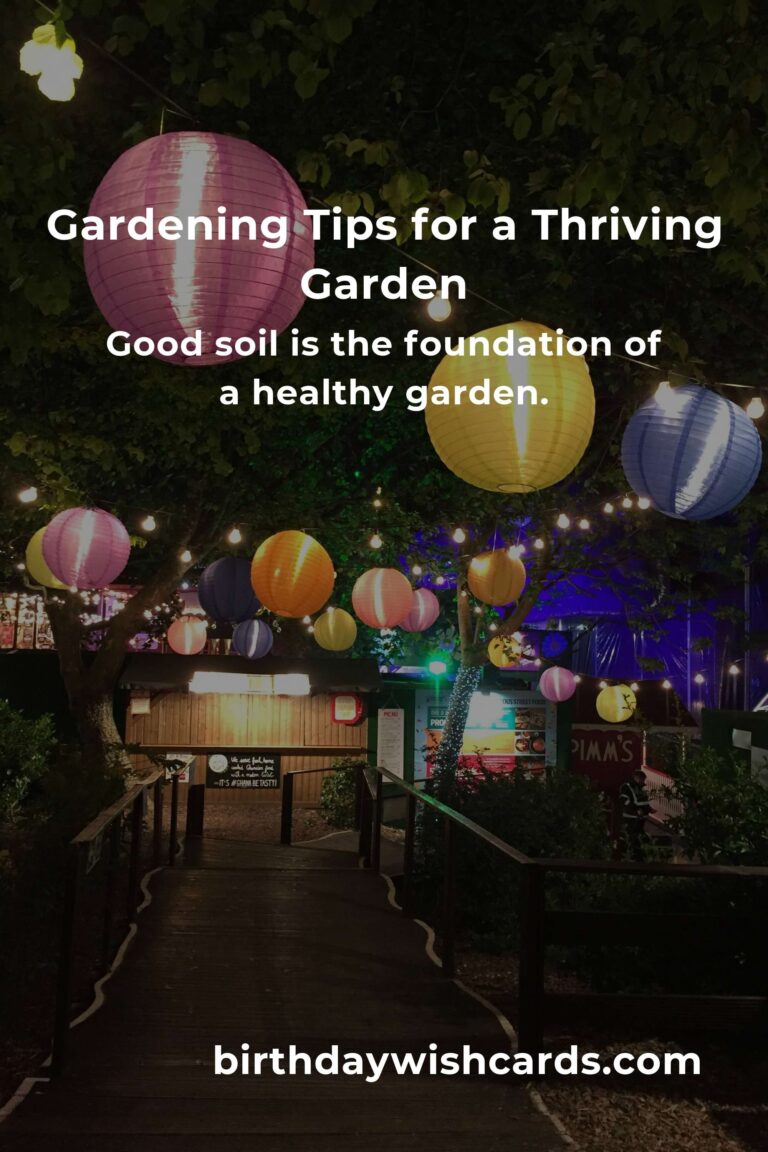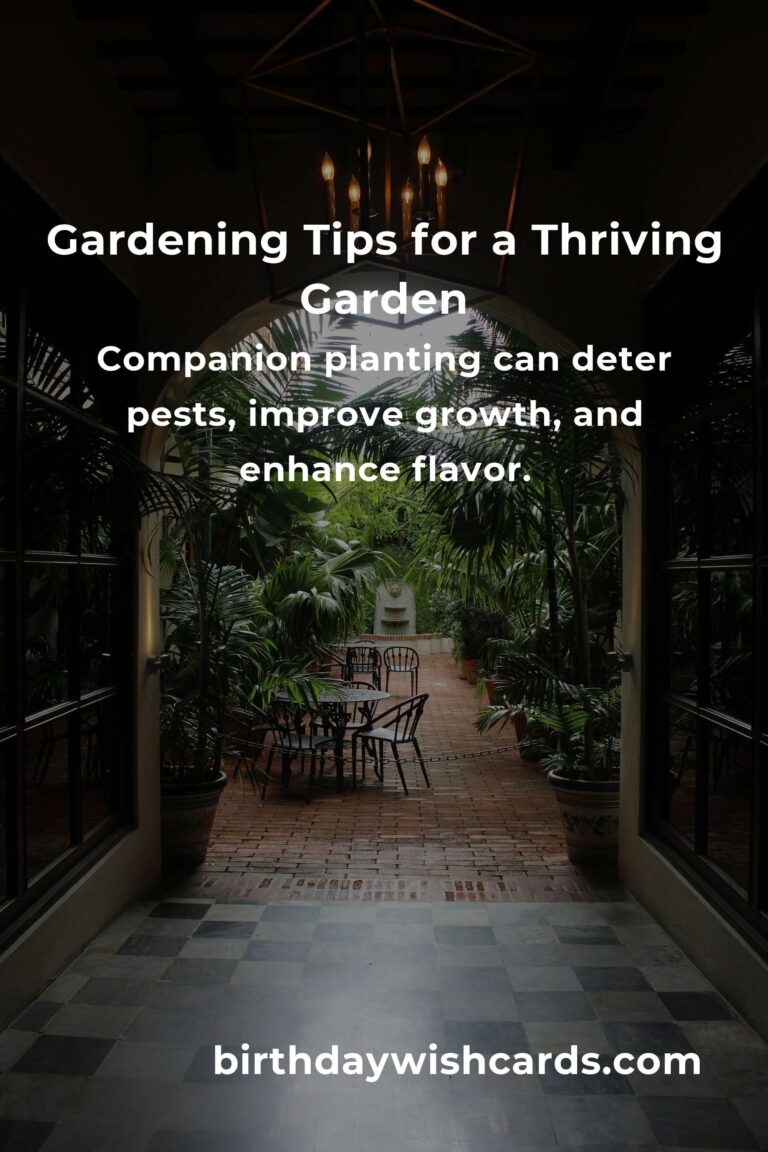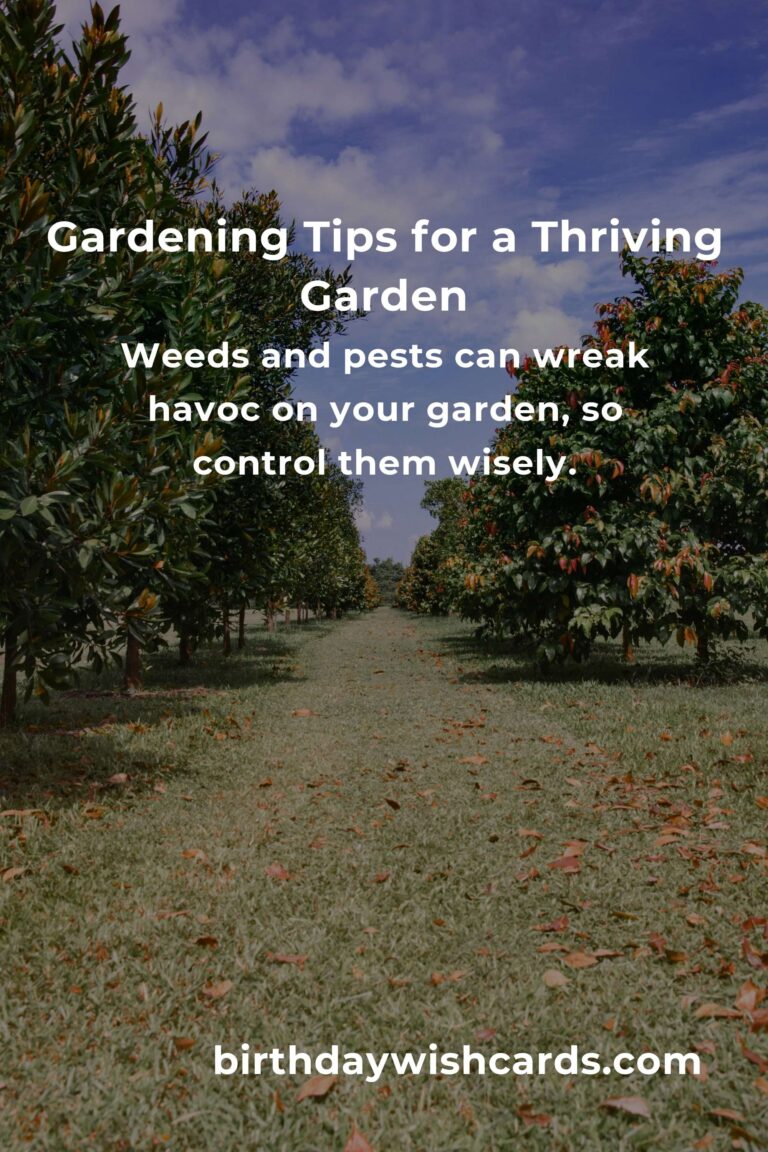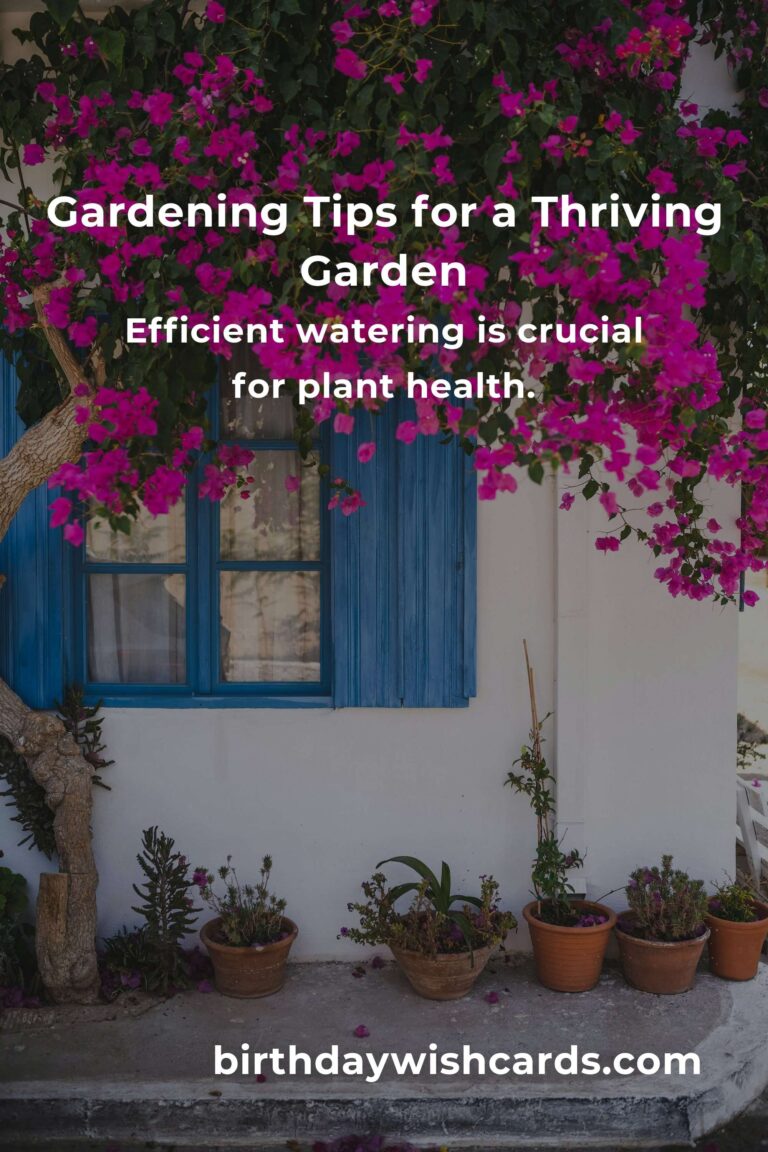
Gardening is more than just a hobby for many; it’s a way to connect with nature and foster a sustainable environment. Whether you’re a seasoned gardener or a novice, these top gardening tips will help you cultivate a thriving garden.
1. Understand Your Climate
Every plant has unique climate requirements. Understanding your local climate will help you choose plants that are more likely to thrive in your garden. Research the USDA Hardiness Zone in your area to get started.
2. Prepare Your Soil
Good soil is the foundation of a healthy garden. Before planting, test your soil’s pH and nutrient levels. Consider adding organic matter, such as compost, to enrich the soil and improve its structure.
3. Choose the Right Plants
Select plants that match your climate and soil conditions. Native plants are often a great choice as they are adapted to the local environment and require less maintenance.
4. Plan for Sunlight
Most plants need sunlight to grow, but the amount varies. Observe your garden throughout the day to identify sunny and shady spots, and plan your garden layout accordingly.
5. Water Wisely
Efficient watering is crucial for plant health. Water deeply but infrequently to encourage deep root growth, and consider using drip irrigation or soaker hoses to conserve water.
6. Practice Companion Planting
Companion planting involves growing certain plants together to benefit one another. This practice can deter pests, improve growth, and enhance flavor.
7. Control Weeds and Pests
Weeds and pests can wreak havoc on your garden. Use mulch to suppress weeds and consider natural pest control methods such as introducing beneficial insects or using homemade sprays.
8. Keep Learning and Experimenting
Gardening is an evolving process. Keep learning from your successes and failures, and don’t be afraid to try new techniques and plants. Join local gardening clubs or online communities to exchange tips and experiences.
By following these gardening tips, you can create a vibrant and productive garden that you’ll enjoy year after year.
Understanding your local climate will help you choose plants that are more likely to thrive. Good soil is the foundation of a healthy garden. Select plants that match your climate and soil conditions. Efficient watering is crucial for plant health. Companion planting can deter pests, improve growth, and enhance flavor. Weeds and pests can wreak havoc on your garden, so control them wisely. Gardening is an evolving process; keep learning and experimenting.
#Gardening #GardenTips #SustainableGardening


